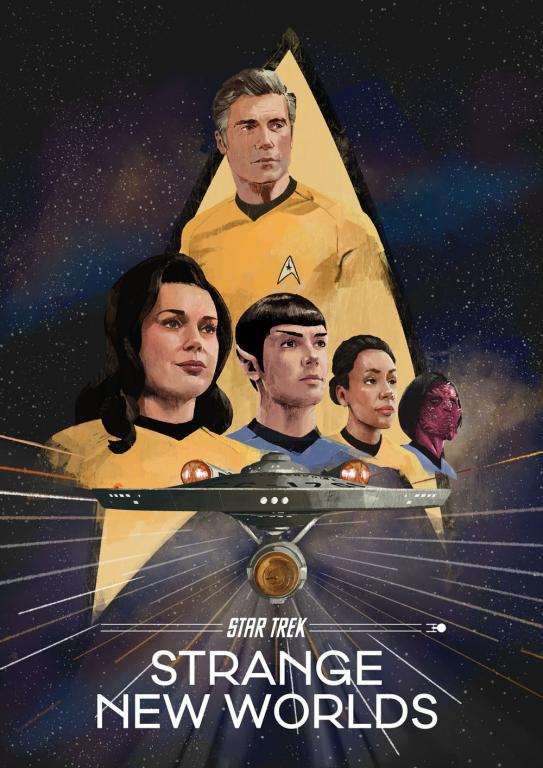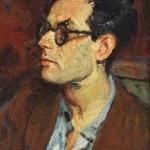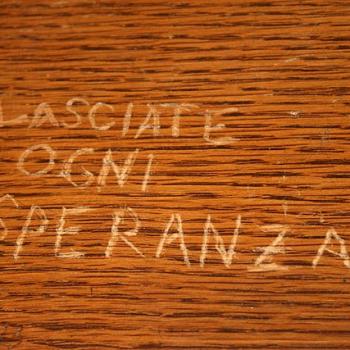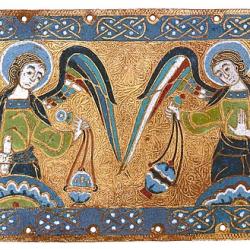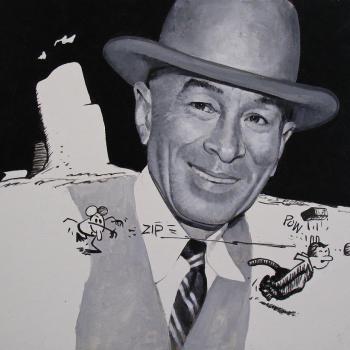Jan & I have now seen two episodes of Star Trek: Strange New Worlds. We both have enjoyed them very much.
We thought of it sort of as the original Star Trek, but done better. I’m pleased to note that at Rotten Tomatoes, the pros give it a 98% thumb’s up. And cautioned at how a solid but much less commanding 78% of viewers like it.
Now, while I’m fond of the Star Trek franchise, I am not a hardcore fan. For instance I’ve drawn the line at adding another streaming service to my bundle in order to watch Picard, Star Trek: Below Decks, and no doubt others.
But for whatever reason, while we don’t subscribe to Paramount+, Strange New Worlds is available through our package, and we’ve, as I said we’ve now seen two episodes. My take away is that its an attempt to capture Rodenberry’s vision of an optimistic, semi-pacifistic, broadly humanist in the best senses of that word, future.
It touches me, and I’m very much enjoying it.
And. I have to wonder about the assertion that when science fiction is put on the screen, large and small, when they’re successful they are said to have captured the zeitgeist. To me our current zeitgeist is one of anxiety with shadings of paranoia. Not the universe portrayed in this series.
It appears there are actually two seasons in the can. So, its been around, even if its new to me. So, it has enjoyed at least modest success.
I don’t think there’s a turning toward optimism. Things are too shaky, too uncertain.
Of course this might just be a play for the nostalgia niche, aiming at my generation. The first show premiered in 1966, when I was 18. Which is now 57 years gone. But as I look at those numbers I notice something else. The world was hardly a safe place. The US was embroiled in the Vietnam war. The Civil Rights movement was in full force, as were the beginnings of the women’s liberation movement. John Kennedy was already assassinated, and while we didn’t know, the conditions were already in place for the assassinations within two years of Martin Luther King Jr, and Robert Kennedy. So absolutely there was optimism. And for many the full force of uncertainty.
What I’m taking from this television show perhaps nearly lost in the onslaught of entertainment options in our moment, is that perhaps there’s a small current of hope. Something in the zeitgeist. And in it, within it, hope for all of us. The smallest of flames. Perhaps.
Part of the magic of the show from the beginning is that the protagonist knows when he’s going to die. A little secret anyone who watched the original knows about Captain Pike, the protagonist of this series.
Know we’re going to die. And acting with compassion and that broad humanism, and with, well, hope.
Maybe it’s like those Hanukkah candles. And with that dreams of possible futures seen as each candle is lit. Knowing all we know.
Maybe that’s a new version of that optimism. Well, and as Hanukkah tells us, a very old version, as well.
And I guess that’s my prayer. May we prove worthy of that hope.


